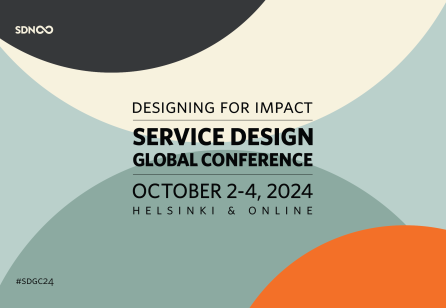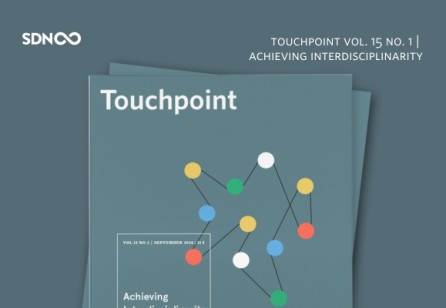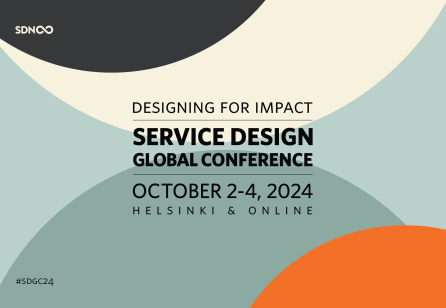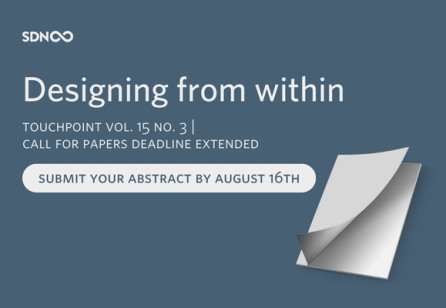The theme of each issue of Touchpoint is determined through the collaborative effort of past editors and authors, thought leaders and active volunteers within the global SDN community, ensuring topics of interest in the world of service design are covered within these pages. When themes for this issue were being voted upon, AI was the clear winner.
Therefore, what you are about to read is the latest thinking — and hands-on application — around service design and AI. And I think it's pretty fascinating stuff. AI is poised to impact a vast number of the service interactions we have as consumers and citizens every day, in ways both visible and invisible. From the mundane (such as better product recommendations or more efficient resolution of customer service issues) to the very significant (decision-making around things such as healthcare and access to public services), more and more responsibility is being granted to a technology that is fundamentally complex and even opaque.
As service designers, our role in this transformation is becoming crucially important. Not only are we consumers of these new services, but we are also becoming responsible for designing them. Yet many of us feel uncertain about what role we should fulfil; do we need to master the technology in the way a developer or architect might, or can we stay focused on the desired experience and hope and trust it’s delivered as we envision? How do we update our approaches, tools, and visualisations? How are core aspects of what we do — such as user research — affected? And how do we ensure that the lurking dangers of AI, like bias, disenfranchisement and flawed outputs, don’t deliver services that actually cause harm? It might seem overwhelming.
One of my biggest takeaways from reading all the contributions to this issue is that if we are to best contribute to creating the AI-powered services of tomorrow — those that are desirable, feasible and viable (and let’s also throw in ethical, sustainable and personalised) — we cannot do it alone. There is a headlong, competition-driven rush to develop more and more powerful AI models, and few heed calls to slow things down to ensure safety and responsibility. On our own, our community doesn’t have the recognition or clout to steer things exactly the way we’d like; things are moving too fast. But nor should we think we are the only ones positioned to determine how to harness the incredible promise of AI and avoid its inherent dangers. By diligently doing what we have always done, which is to keep a focus on users front and centre, we can continue to build allies among the technologists, product teams and (crucially) the highest echelons of our organisations. When they share our mindset and understand our goals, and our values permeate those organisations, we will have achieved something very significant when it comes to AI-powered services. While we need to educate ourselves and adapt what we do, I feel we don’t all need to become AI experts. And for me at least, that’s a relief.
- Jesse Grimes for the editorial board
To read the full issue as a digital and printed copy, please visit our page here












Share your thoughts
0 RepliesPlease login to comment